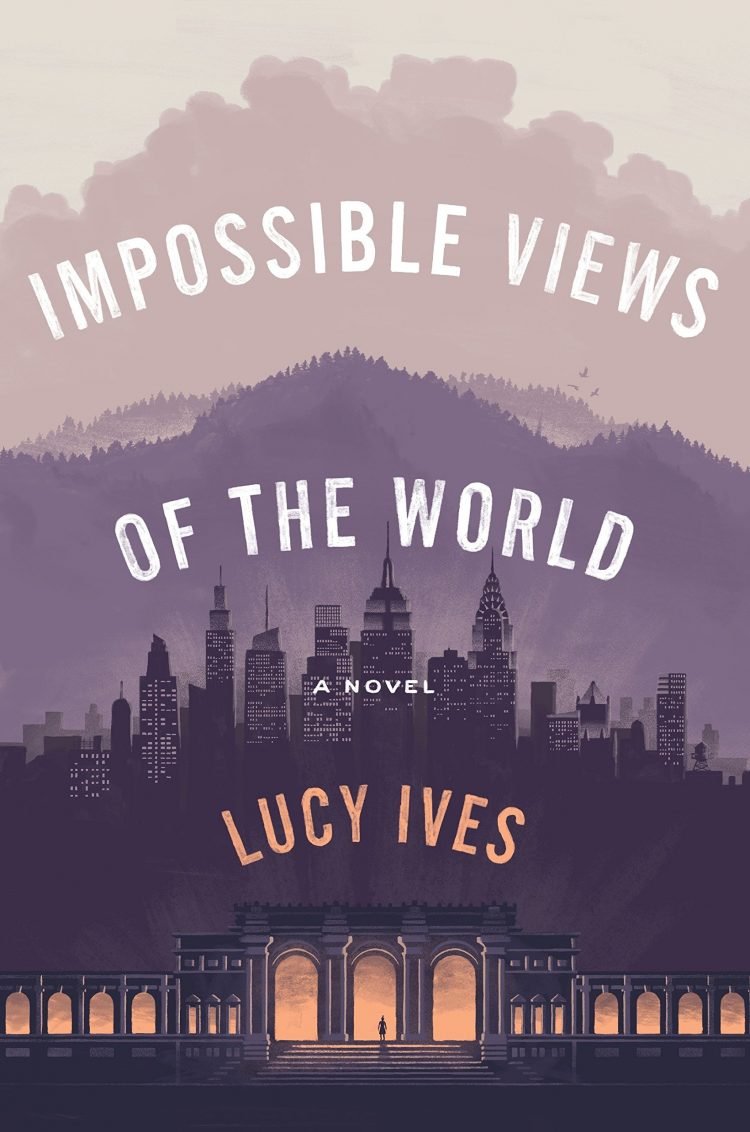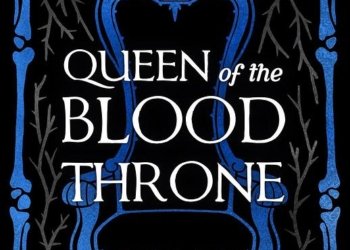No products in the cart.
Impossible Views of the World by Lucy Ives
The summary for Impossible Views of the Industry piqued my interest because I have a thing for zany, satirical narrators and mystery fiction that involves the art world. Stella, the narrator and the protagonist, is what some might describe as “spiky,” or to use terminology more in line with that used by Ives, misanthropic.
I understand why some reviewers used the word pretentious when they chose to use it. The truth is that not everyone will enjoy this character or the rambunctious, poetic writing Ives has infused her with.
However, Stella’s inner voice intrigued me. It was like a bouncing ball I was eager to chase to see where it went. Whether it be romance, office politics, or public transportation, her observations on life (both in the past and in the inevitable here and now) are either whimsically airy or delectably sarcastic. They never deliver “run-of-the-mill” or predictable content. As a reader, this kept me on my toes, which was a challenge I loved.
When a significant event occurs and everyone acts as if they don’t care, that is when you must start paying close attention. The mystery Stella allegedly sets out to solve is secondary to what is really a character study or emotional journey, although being at times fascinating and amusing.
Given Stella’s keen awareness of the body language, words, and tone used by rivals, talks are compared to games of chess in her mind. Her contacts with people who are prone to opacity help her to manage her neuroses. Her most worthy foe, though, is frequently herself. There is a shattered heart underneath all the artistic and intellectual frivolity, just like any other.
Impossible Views of the World is, in this sense, a “coming of life” novel rather than a coming-of-age story. This comment seems to be taken seriously by Fred. OK, he murmured. He was listening, part of him now like a youngster hearing an explanation of why it is wrong to step on small invertebrate animals in a sadistic manner.
He was treating me with an odd sense of reverence, as though the manifestations of my affect were some kind of delectable arctic fish that needed to be transported live from afar and then painstakingly gutted to prevent the meat from becoming deadly. As he continued through the precisely timed line of questions, I could see he was using this conversation to learn “life lessons” rather than information about what was happening between the two of us.
About The Book
Stella Krakus, a curator at Manhattan’s illustrious Central Museum of Art, is experiencing her worst week ever. Her working romance with “a fascinating, hyper-rational narcissist” is in freefall, her soon-to-be ex-husband (the dreadful Whit Ghiscolmbe) is pursuing her, and cherished coworker Paul has vanished.
Strange things are afoot: Her mother, the imperious, impossibly glamorous Caro, wants to have lunch, the current exhibit at CeMArt is sponsored by a Belgian conglomerate that wants to control the world’s water supply, and she unwittingly appears in a viral film that is going viral. She nearly has to stop overanalyzing it.
However, the discovery of a puzzling map showing a utopian community from the nineteenth century prompts Stella, a tenacious expert in American graphics and fluidomanie (don’t ask), to go on a time-consuming study trip. She uncovers the awful secret that Paul has been hiding and plots a way out of the chaos in her own life as she connects the dots between a haunting poem, several strange novels, a counterfeiting scam, and one of the museum’s colourful early patrons.
Impossible Views of the World is a stunning debut book about how to get through your early 30s with your head and heart intact. It pulses with neurotic humour and dagger-sharp prose.
The Review
Impossible Views of the World
9.5 Score
This book is a subtle and brilliant take on what it means to work inside of institutions, whether that's the family, marriage or museum, and be female. The protagonist, Stella Krakus, finds herself uncomfortably circumscribed by all three and must look to the past to imagine a future in which she can configure her own boundaries, rather than continuing to follow the institutionally prescribed maps for success and fulfillment. The language is gorgeous and the wit razorous. Unsurprising from a poet of Ives' caliber. Devoured it in two days!
PROS
- Perfect Summer Pleasure.
- Finely Drawn Characters.
- Subtle And Brilliant.
- Well-Plotted Novel.
CONS
- Tedious And Self-Indulgent.
- Pretentious Language.
- Poorly Written.
- Fell Very Flat.











